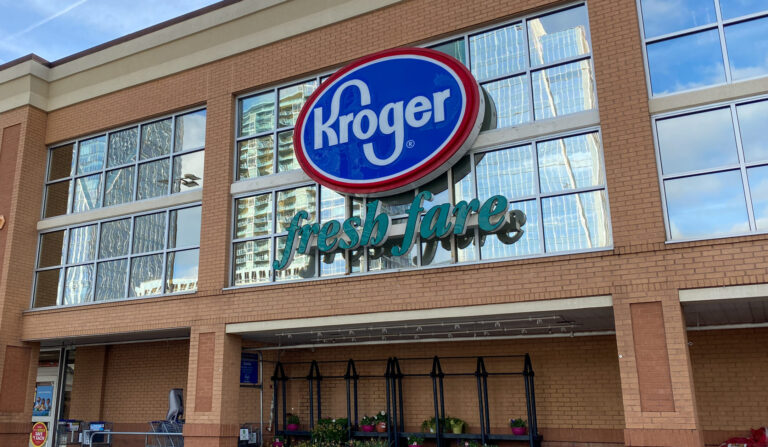Key Takeaways:
- Grocery stores offer a stable investment due to the constant demand for food.
- The grocery business is resilient against e-commerce disruption due to the personalized shopping experience and perishability of certain items.
- Grocery stores have a proven ability to adapt to changing consumer habits.
When exploring commercial real estate investment strategies, cre investments in grocery store properties can offer several advantages. Let’s delve into three key reasons why grocery stores can be a secure investment: consistent demand, resilience in the face of change, and a proven ability to adapt.
1. Demand for Groceries is Everlasting
The most compelling reason for considering grocery stores is also the most fundamental: people need food. This constant demand translates to a stable business model for grocery stores. However, the grocery industry is competitive. Look for established operators with a history of success to manage your investment.
2. Grocery Stores Weather the Storm
Several unique aspects of the grocery business make it surprisingly resistant to the e-commerce disruption that has impacted other retailers. Firstly, grocery shopping is a personal experience. Customers want to select the perfect piece of fruit or the ideal cut of meat. They value the in-store experience to ensure they get exactly what they need. Additionally, perishability plays a role. Dairy products and meats require constant refrigeration, making online grocery delivery of certain items impractical. The alternative is to shop traditionally or utilize click-and-collect options. Finally, grocery shopping is a routine for many, and the convenience factor is amplified when stores offer additional services like banking or gas stations.
3. Grocery Stores Embrace Change
The grocery industry has a remarkable track record of adapting to evolving shopping habits. Take, for instance, the safety measures implemented during the COVID-19 pandemic. Stores adopted enhanced sanitation procedures, one-way aisles, designated shopping hours for at-risk individuals, and expanded online ordering with in-store pickup options. Whole Foods, owned by Amazon, exemplifies this adaptability. They’ve invested heavily in digital shopping experiences, and when combined with Amazon’s logistics expertise, this creates a wider range of convenient shopping and delivery options for consumers.
Conclusion
With their consistent demand, resistance to e-commerce disruption, and adaptability to changing consumer preferences, grocery stores offer a compelling option for investors seeking stability within the commercial real estate landscape. By carefully choosing established tenants and prime locations, investors can position themselves to benefit from the enduring need for groceries.

